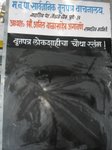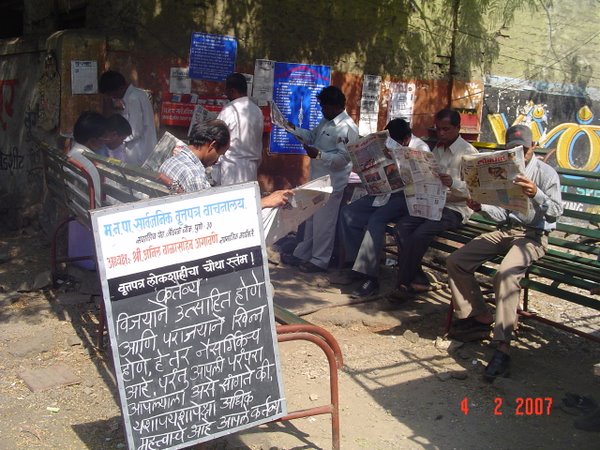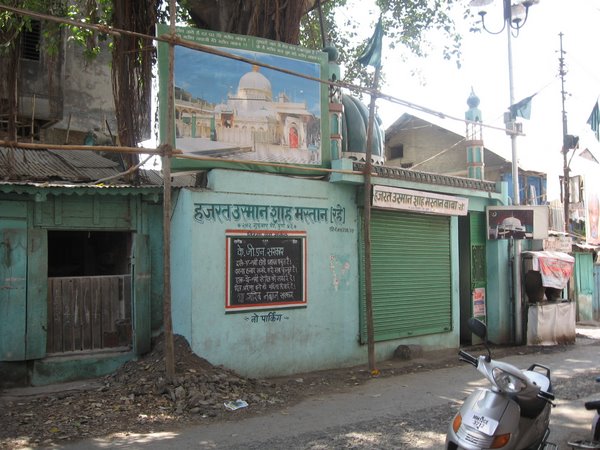
Dattatray Rahalkar. 67, retired advocate. A VHP activist, who owns a Ram Mandir in Sadashiv Peth. Though he doesn’t write on the vartaphalak anymore, he is proud of his messages written in the aftermath of the demolition of Babri Masjid, which, he claims, attracted people from all parts of the city. According to him, to be effective, a vartaphalak has to be aggressive and strong on rhetoric. It should reflect social, political and vaicharik (intellectual) issues, rather than merely reporting local community matters.
He has written on the vartaphalak after a long time in this photograph. It strongly opposes the move to nationalize Hindu temples. Though Christian and Muslim organizations get huge donations from foreign funds, he contends that the Government does not dare touch their organizations. This money is also used to spread hatred against the Hindus, according to him. He ends with a quote by Veer Savarkar, which equates leaving one’s religion to leaving one’s motherland.





No comments:
Post a Comment